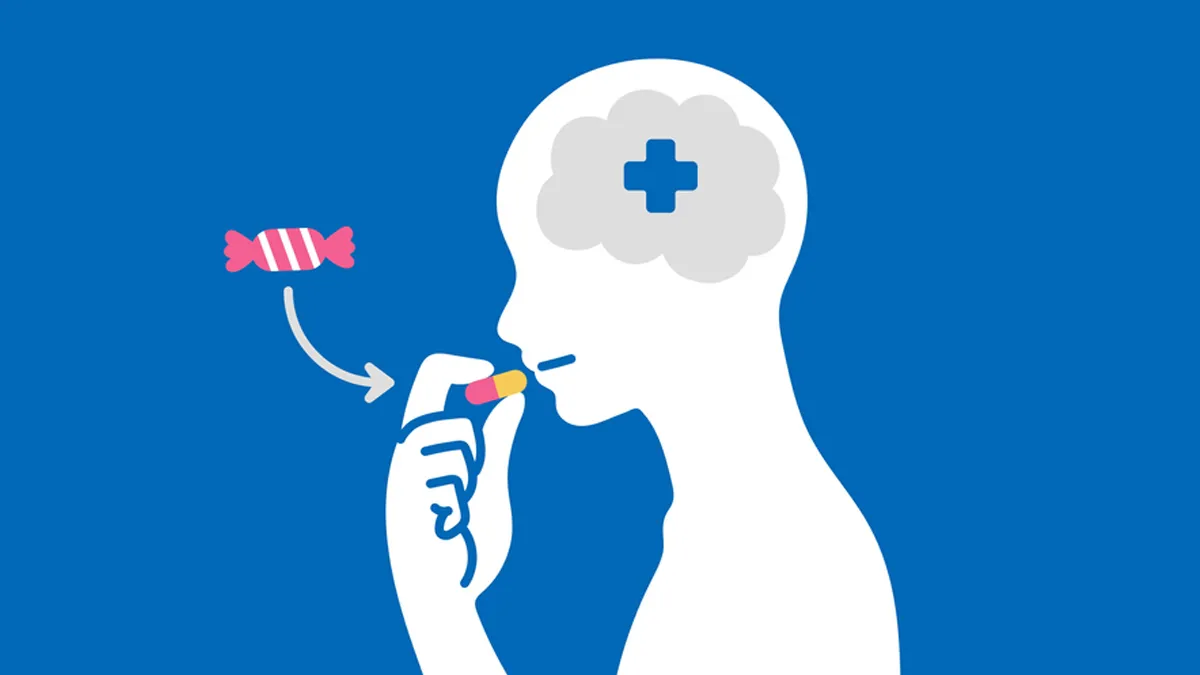
What if the key to healing wasn’t just about the medicine you take, but the belief that it will work? This is the essence of the placebo effect, a phenomenon where people experience real improvements in their condition simply because they believe they are receiving treatment, even if the treatment has no active ingredients. From pain relief to mood boosts, the placebo effect raises a fascinating question: Can the mind alone be a powerful enough tool for healing? While it may sound like something out of a wellness myth, science backs up the profound connection between mind and body, suggesting that positive thinking, belief, and expectations can sometimes lead to genuine healing.
Table of Content:-
To get a proper understanding of this intriguing phenomenon, OnlyMyHealth team interacted with Dr Snigdha Vartak, BAMS, Founder and chief consultant at Samanwaya Ayurveda Clinic, Mumbai; Dr Sushama Sumeet, BAMS, MD, Phd, Ayurveda Physician and Senior Research Fellow, ICTRC Pune Integrated Cancer Treatment & Research Centre; and Dr Kiran Dhake, Wellness Physician and Sonologist, Mumbai.
What Is the Placebo Effect?
Dr Sushama Sumeet describes the placebo effect as the improvement in a patient's condition despite receiving an inactive treatment. This improvement arises from personal expectations rather than any biological action of the treatment. Factors such as the patient-doctor relationship, mental state, and past experiences play a significant role.
Supporting this, Dr Kiran Dhake notes, “The mind can be a truly powerful tool, helping the body heal by reducing stress. In some cases, the effect is powerful enough to contribute to symptom relief.” For instance, when patients believe they are receiving genuine treatment, their brain can release chemicals such as dopamine and endorphins, which contribute to physical and psychological improvements.
How Does It Work?
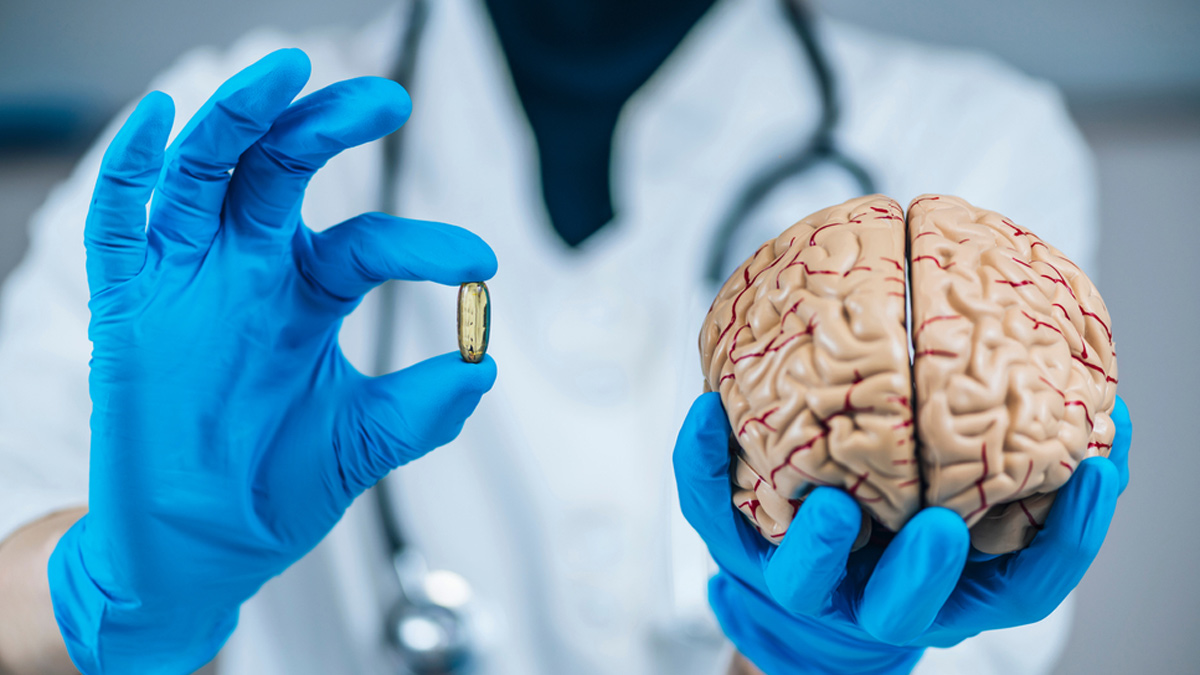
Dr Snigdha Vartak explains that the placebo effect is often linked to positive thinking and belief in the effectiveness of a treatment. She shares an example, “A patient with chronic migraine believed that her migraine subsided with dark coffee. Even after starting medical treatment, she was unresponsive to medication. It was only after counselling and an actual episode where dark coffee didn’t work that she accepted the prescribed treatment, which ultimately helped resolve the underlying condition.”
The placebo effect leverages psychological mechanisms such as:
Expectations of Improvement: A strong belief in recovery activates the brain’s reward systems, promoting optimism and symptom relief.
Conditioned Responses: Prior experiences with treatments can condition the brain to associate certain cues with healing.
Dr Sumeet highlights research showing placebo treatments provided 50% of the pain relief achieved by active medications for migraines. Similarly, “Sham acupuncture, which uses retractable needles, has been as effective as traditional acupuncture,” according to Dr Vartak.
Placebo Effect in Chronic and Psychosomatic Conditions
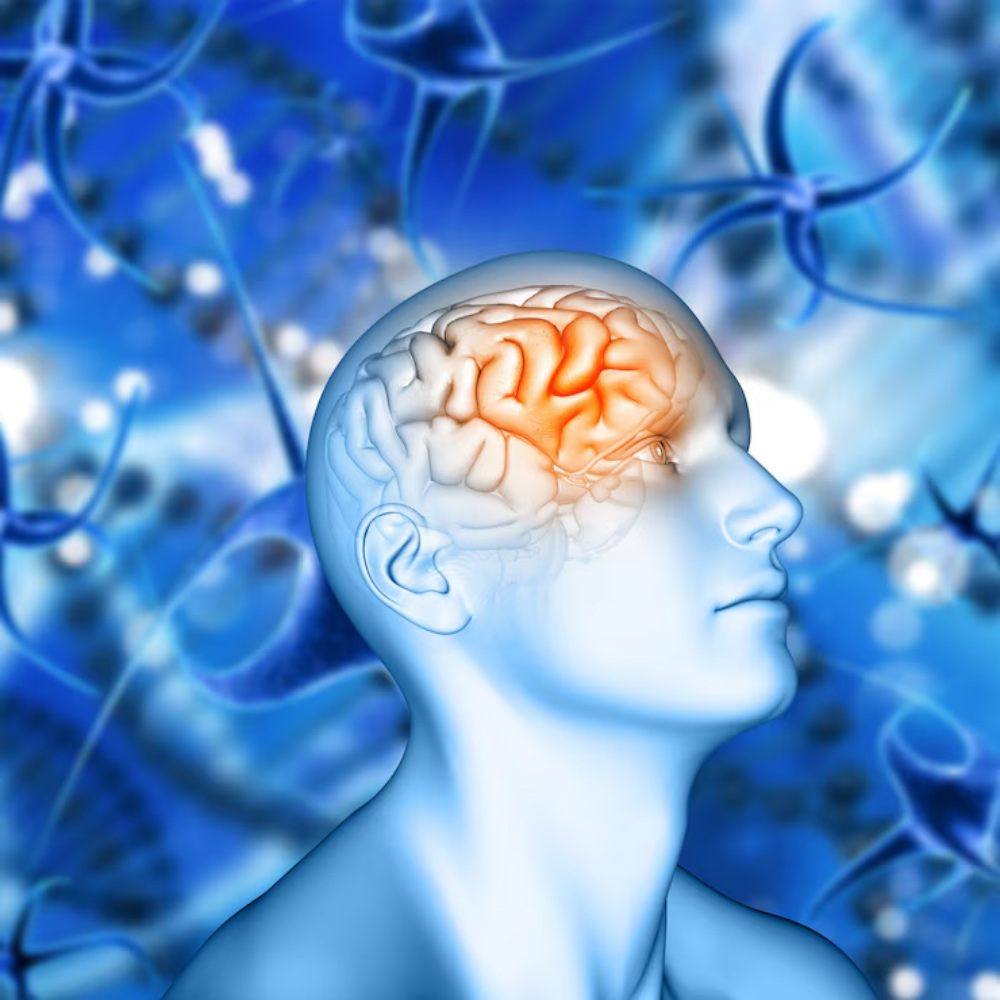
The placebo effect shines in conditions involving chronic or psychosomatic symptoms, such as anxiety, depression, and pain. As Dr Sumeet elaborates, “Research suggests placebo interventions can induce changes in neurotransmitters, hormones, and immune regulators.” These findings underline the powerful role of belief and a positive mindset in supporting medical outcomes.
Dr Dhake adds that the placebo effect often arises from the broader treatment environment, including trust in healthcare providers and a nurturing relationship. In chronic diseases such as cancer or Parkinson’s, combining the placebo effect with active treatments can enhance outcomes by bolstering patient resilience.
The Limitations of the Placebo Effect
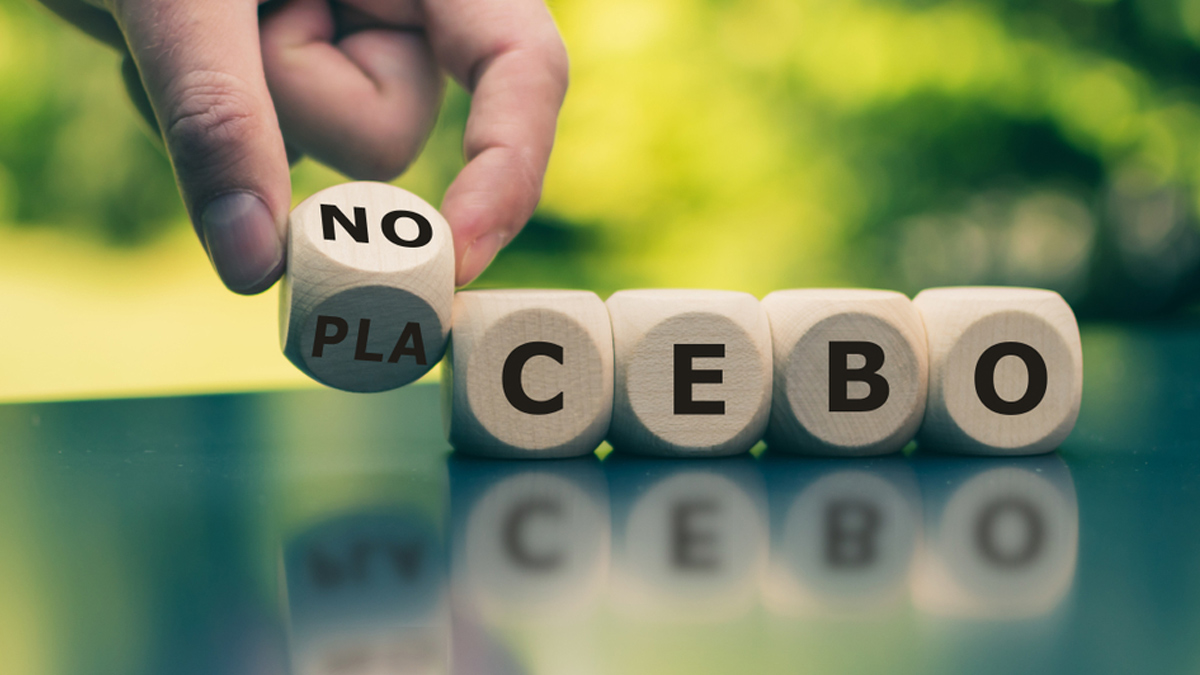
Despite its potential, the placebo effect has clear boundaries. Dr Vartak asserts, “Placebo cannot control your sugar levels, increase bone density, or lower blood pressure. It helps you remain calmer and positive, enhancing the effectiveness of actual treatments.”
Dr Dhake further cautions, “While the placebo effect can reduce stress and improve well-being, it does not address the root cause of diseases like infections or cancer. These conditions require evidence-based medical interventions.”
Also read: Navigating the Placebo Effect in Clinical Trials: Here's What You Need to Know
Healing Without Medication: Is It Possible?
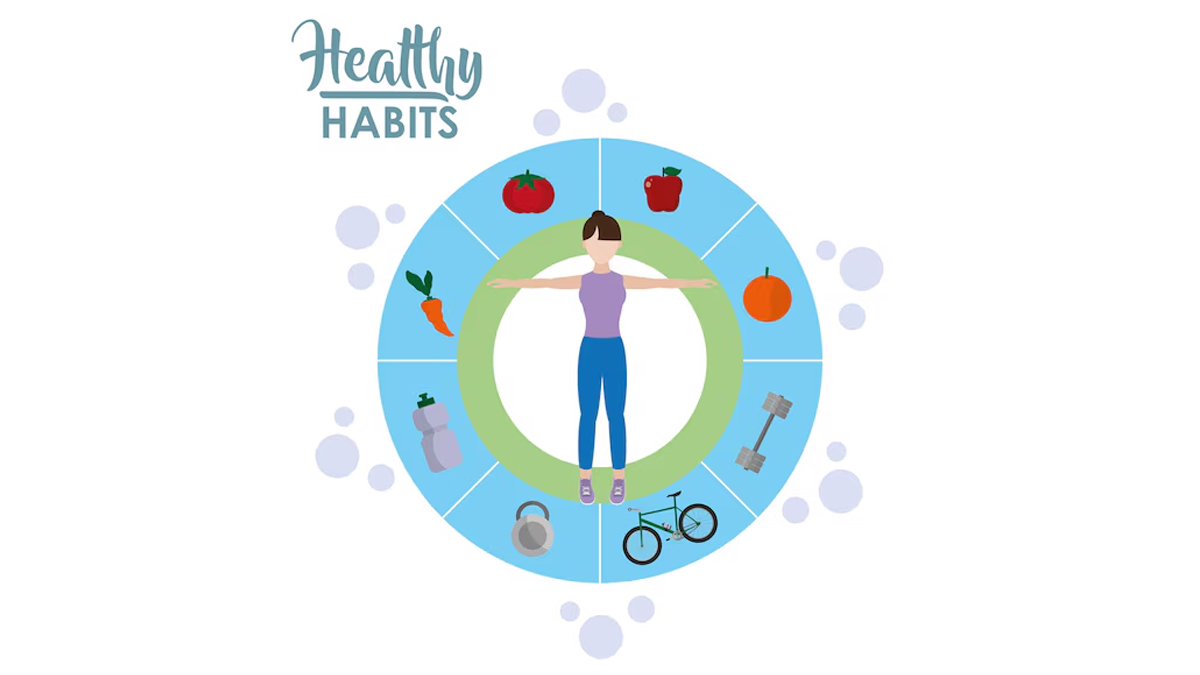
While one cannot entirely heal without medical treatments for serious conditions, the placebo effect highlights the significance of the mind-body connection in recovery. Dr Dhake points out the importance of:
A Positive Mindset: Optimism reduces stress, supporting the immune system and overall recovery.
Healthy Lifestyle Choices: Balanced nutrition, regular exercise, and adequate sleep provide a solid foundation for healing.
Mind-Body Practices: Techniques like yoga and meditation foster relaxation, which can enhance physical recovery.
Conclusion
The placebo effect illustrates the power of belief in health and recovery, acting as a valuable complement to conventional medical care. Dr Sumeet concluded, “The placebo effect underscores the therapeutic potential of contextual factors in treatment, but it is not a substitute for active medication.”
While you may not be able to entirely heal yourself without medication, combining belief, hope, and evidence-based treatments can significantly enhance your journey toward better health.
Also watch this video
How we keep this article up to date:
We work with experts and keep a close eye on the latest in health and wellness. Whenever there is a new research or helpful information, we update our articles with accurate and useful advice.
Current Version
